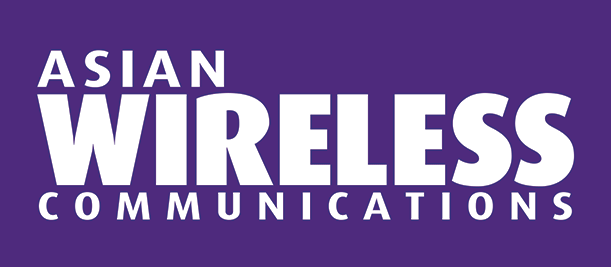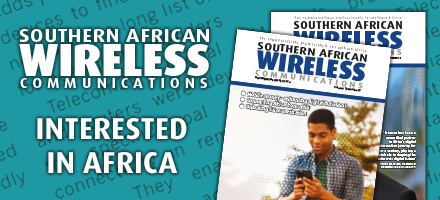25 September 2025
.jpg?lu=819)
This collaborative effort will leverage the open network APIs developed under the GSMA’s CAMARA standard, specifically focusing on the Number Verification API, which is designed to enhance real-time user identification processes.
The Number Verification API enables enterprises such as banks and online retailers to authenticate a mobile user’s identity by cross-referencing their phone number against live network data. This approach presents a potentially more secure alternative to traditional SMS one-time passwords (OTPs). Although Malaysian telcos have already integrated the API for their internal operations, developers currently face the challenge of creating separate applications for each operator. The federated model aims to streamline this process, offering a unified interface that allows services to work seamlessly across all participating networks while each operator maintains control over its data, policies, and revenue streams.
This interoperability and cross-market coverage provided by the federated API ecosystem will make it easier for companies to connect their services with any network within the federation, fostering a more unified digital environment. The initiative aligns with broader regional and global efforts, such as Ericsson’s Aduna project launched in early 2025 and the Bridge Alliance API Exchange (BAEx), established in mid-2024, which aim to promote collective API standards across networks.
Maxis, one of the key players, has been active in the federation space since last year, signing a partnership with Singtel to federate two Open Gateway APIs — Device Location and Number Verification — and collaborating with Thai operator AIS through separate agreements. In July 2024, Maxis furthered its commitment by partnering with Aduna to accelerate the adoption of standardized network APIs in Malaysia.
“Building on this foundation, we are fully committed to this industry-wide collaboration to accelerate API-driven innovation, creating a more seamless mobile experience and building a more secure digital Malaysia for everyone,” said Goh Seow Eng, CEO of Maxis.
“Online scams and fraud are a growing concern across ASEAN, and unless properly addressed, they could undermine public trust in the digital economy,” said Julian Gorman, head of Asia Pacific at GSMA. “By providing banks and e-commerce platforms with standardized, seamless access to the rich functionalities of mobile networks, we can help industry efforts to combat online crime and enhance user trust.”
This move in Malaysia follows recent developments in Indonesia, where telcos Telkomsel, Indosat Ooredoo Hutchison, and XLSmart formed an alliance to adopt a unified network API protocol. Their collaboration aims to develop solutions focused on protecting customers from account hacking and fraud, reflecting a regional push toward standardized, secure network-based security solutions.






